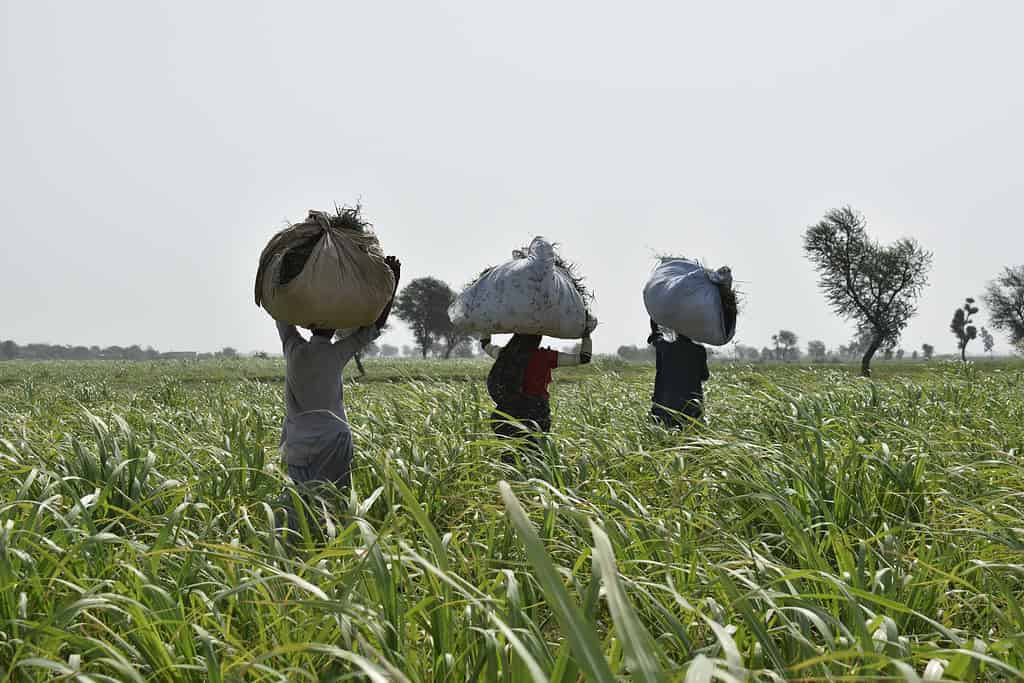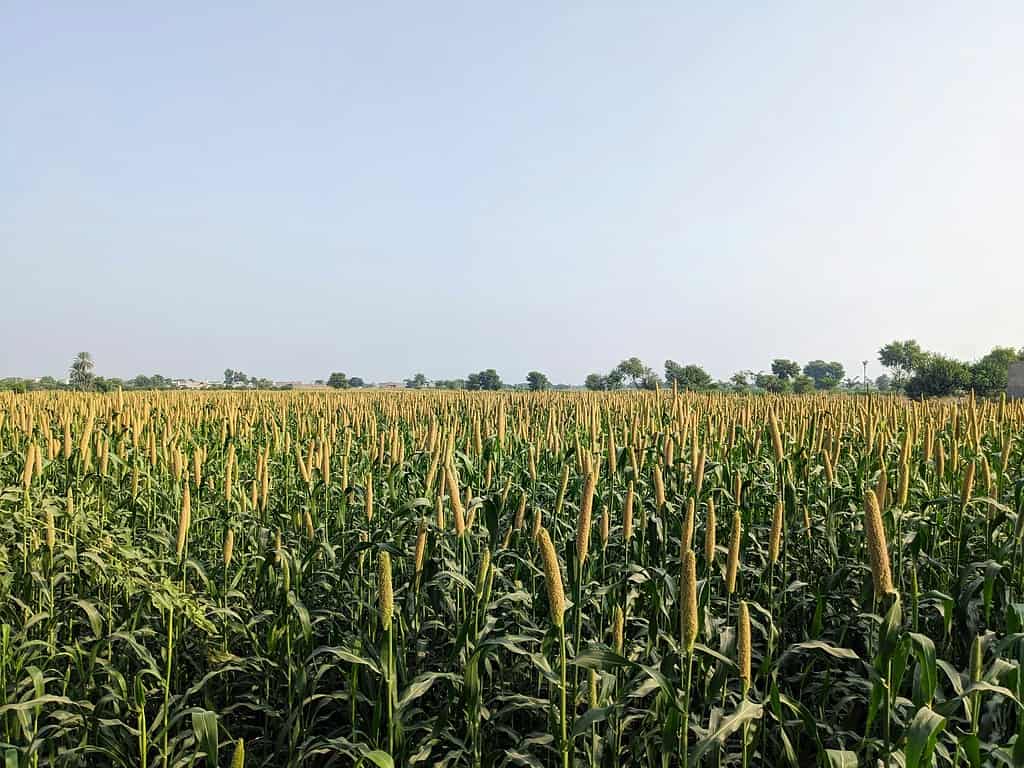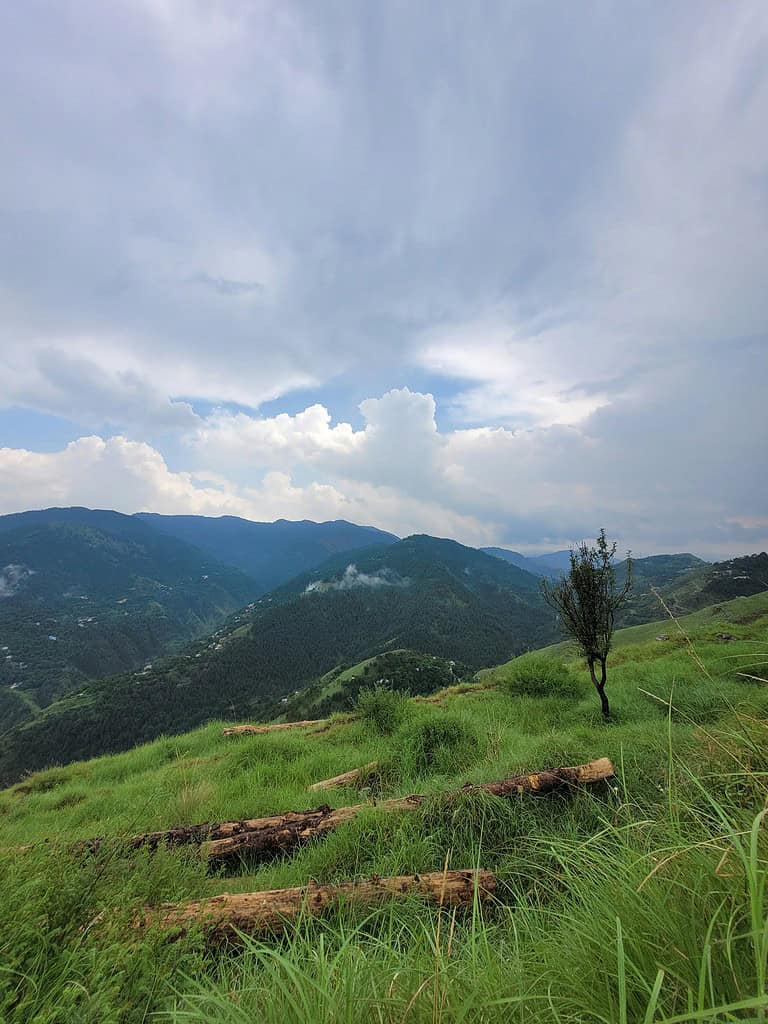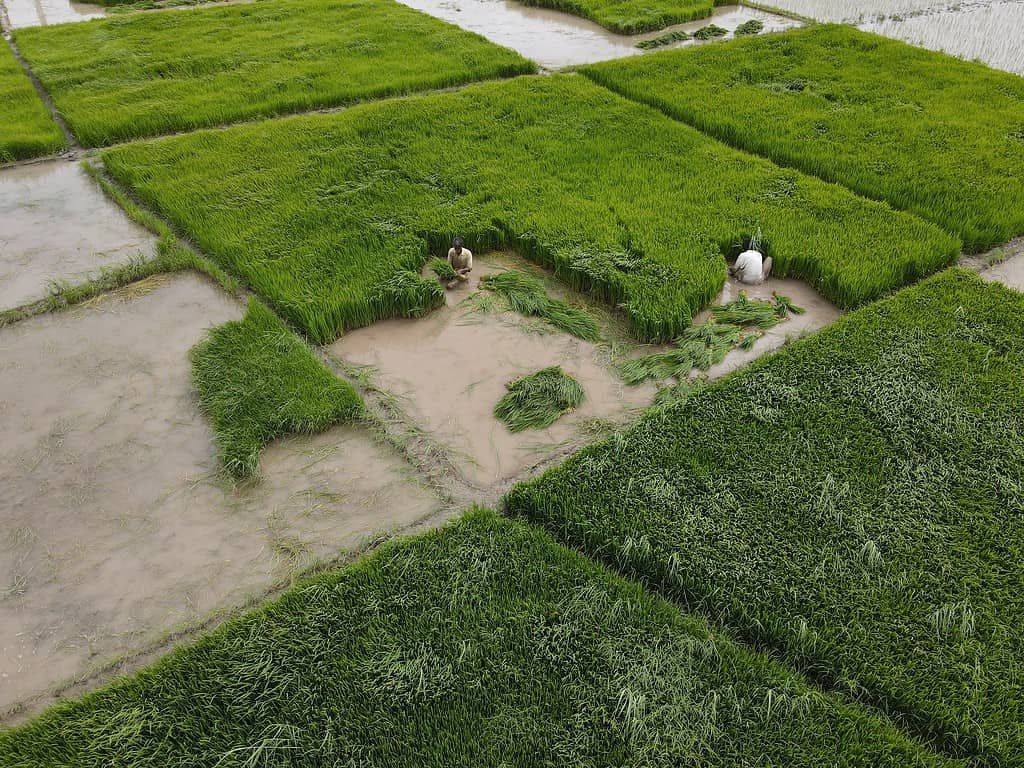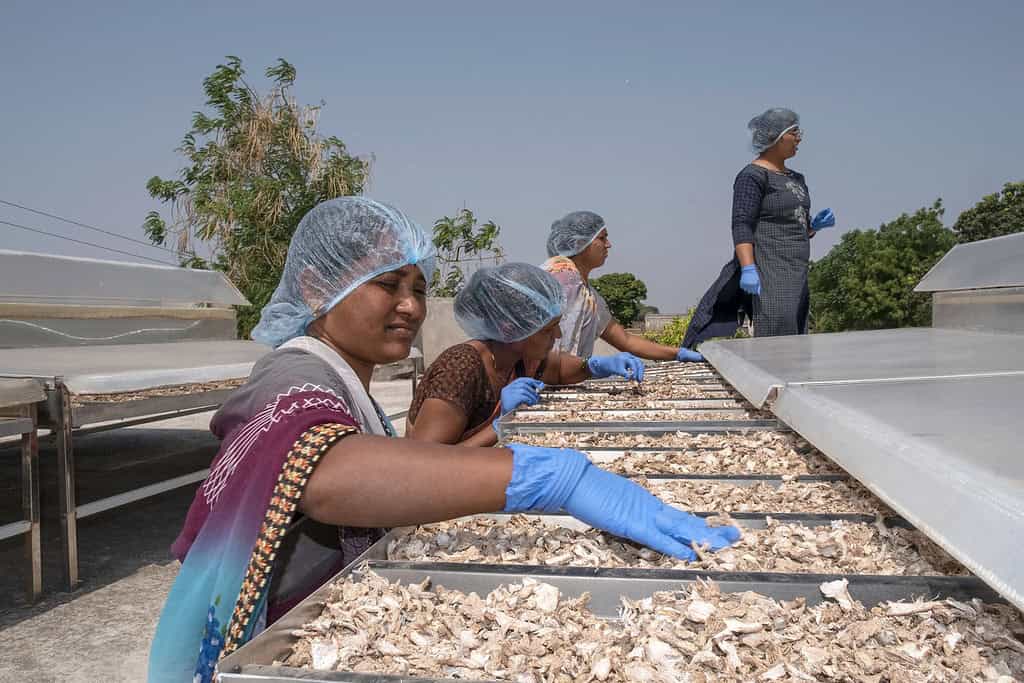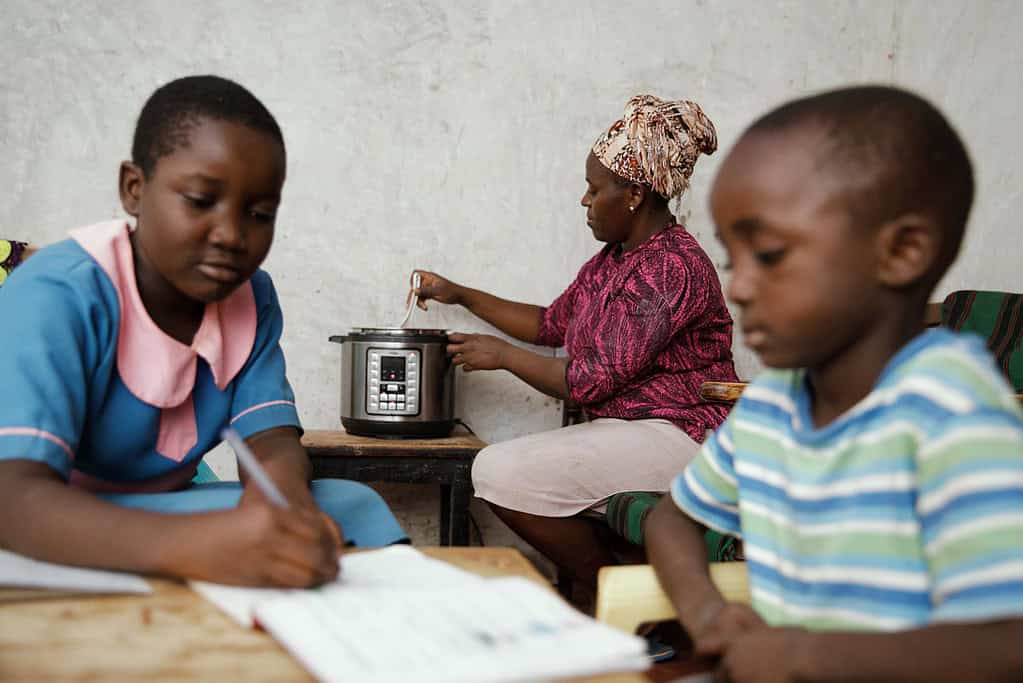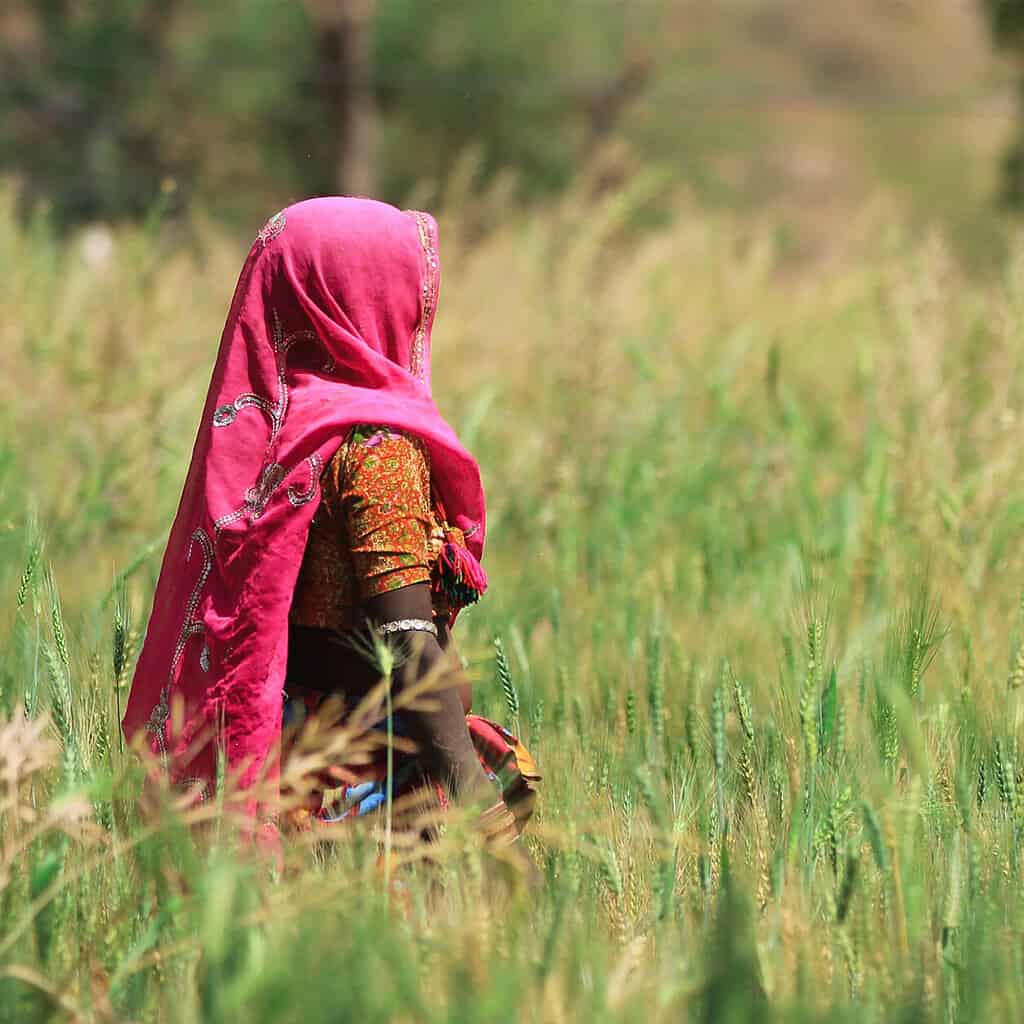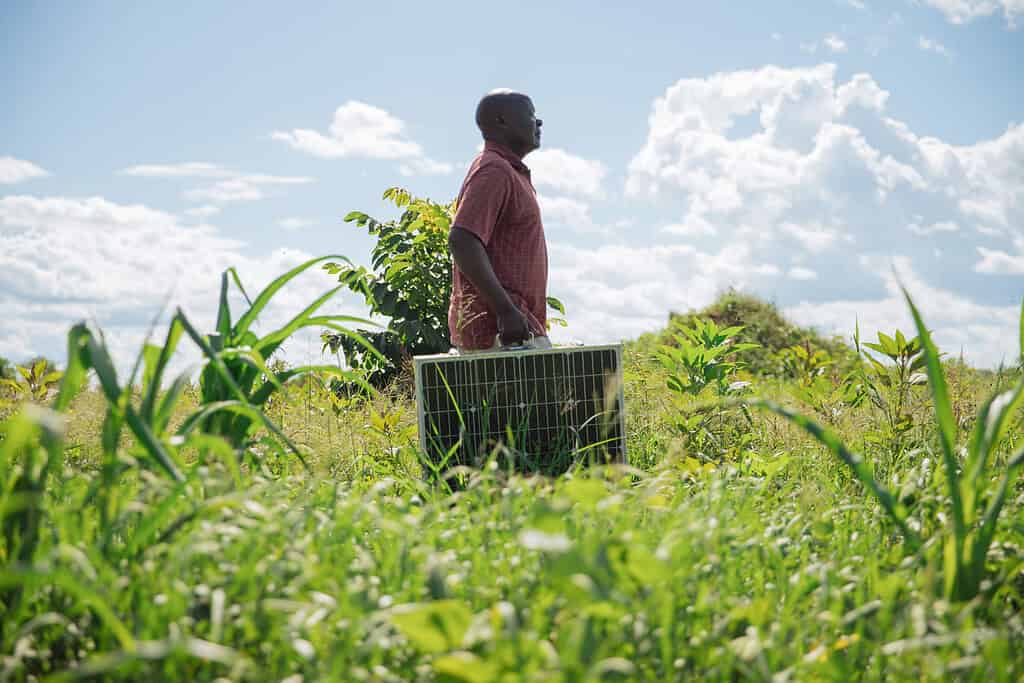From Apathy to Action: Building resilience in Pakistan’s agriculture
Pakistan, one of the ten most climate-vulnerable countries, faces severe socio-economic risks. This report shows how the agricultural sector can thrive by investing in innovative, climate focused agribusinesses.
- Report
- Sustainable agriculture
- Pakistan
- 2024
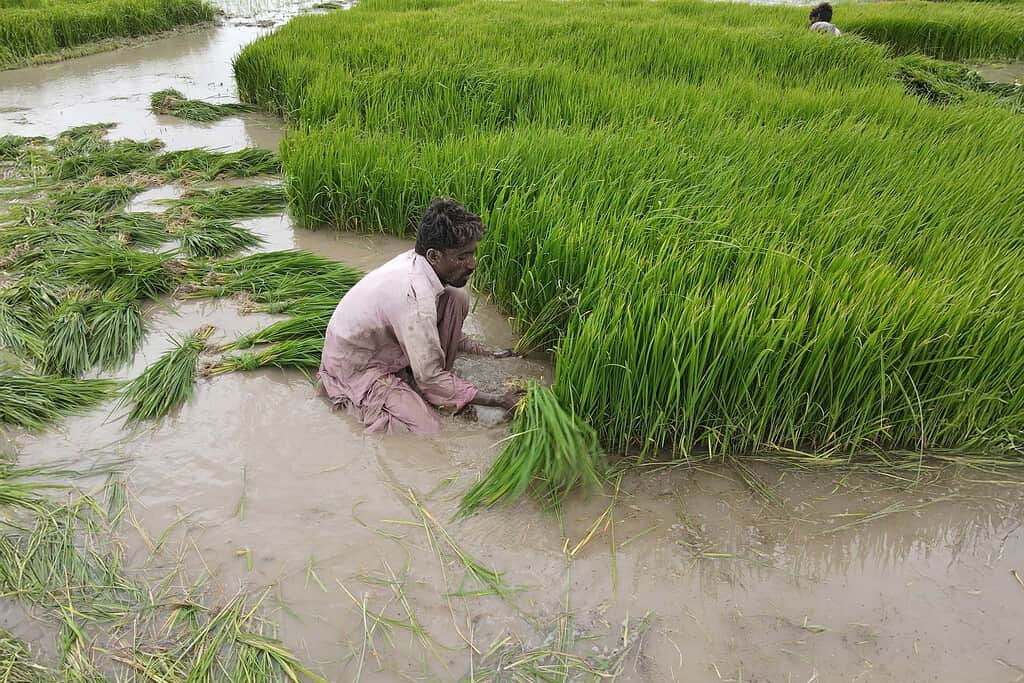
Pakistan’s agriculture sector, a cornerstone of its economy and food security, faces an existential threat from climate change.
Pakistan’s agriculture sector contributes 24% to GDP and employs half the workforce. Ranked in the top 10 most vulnerable countries, it faces rising temperatures, unpredictable rainfall, and devastating extreme weather events which disrupt agricultural production, increase food insecurity, and exacerbate poverty.
The climate crisis in Pakistan
Future-proofing for smallholder farmers.
High-potential and innovative agribusinesses are emerging, offering locally relevant solutions to build resilience, and addressing key challenges across the value chain.
Improved input efficiency, information access, and financial services targeting small farmers who are on the frontlines of climate change.
Optimization of on-farm productivity and promotion of climate-resilient practices to improve yields and build resilience at the farm level.
Reducing food loss, providing efficient storage solutions and enhancing value addition. Includes end to end climate resilient value chains.
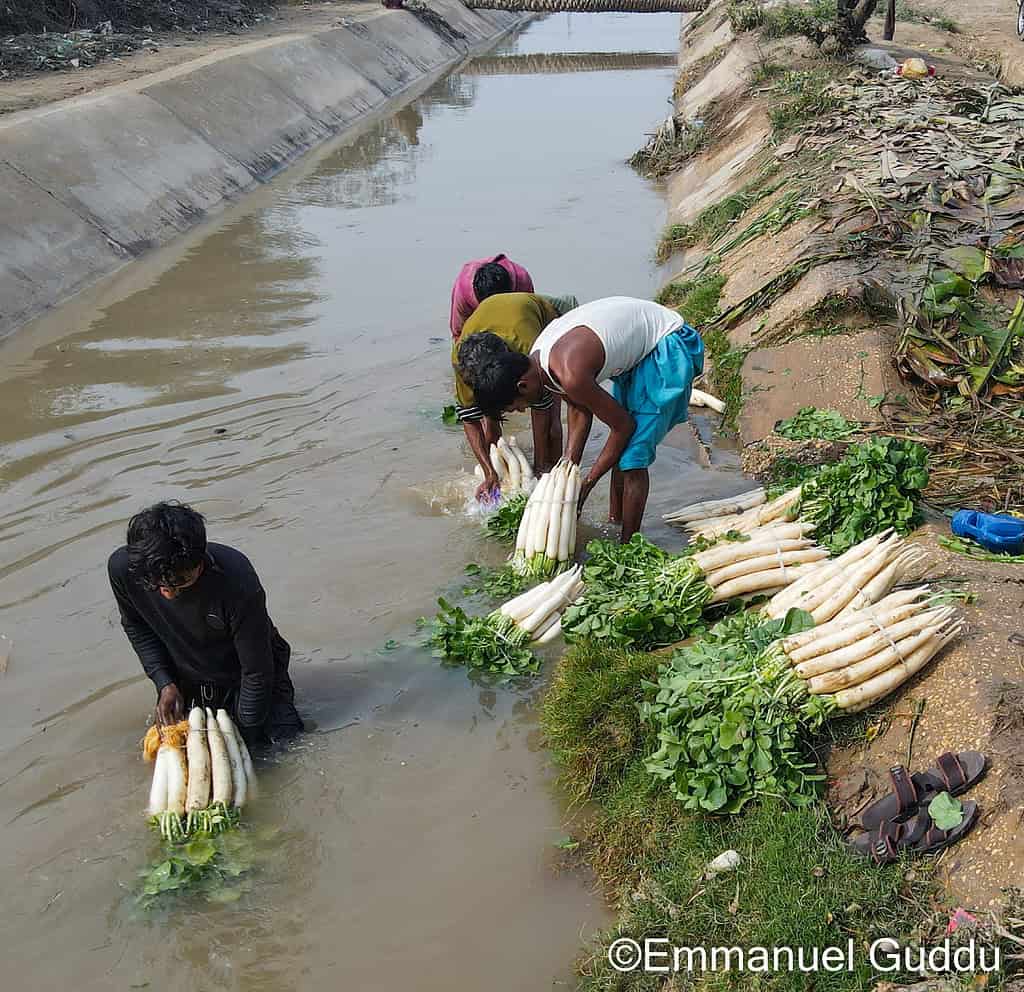
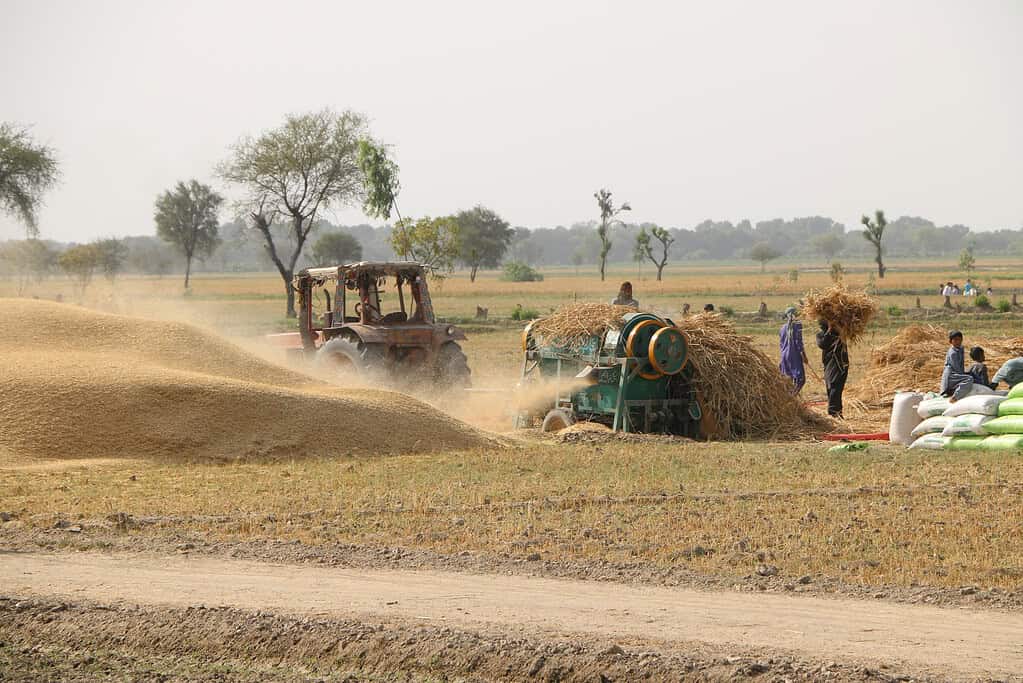
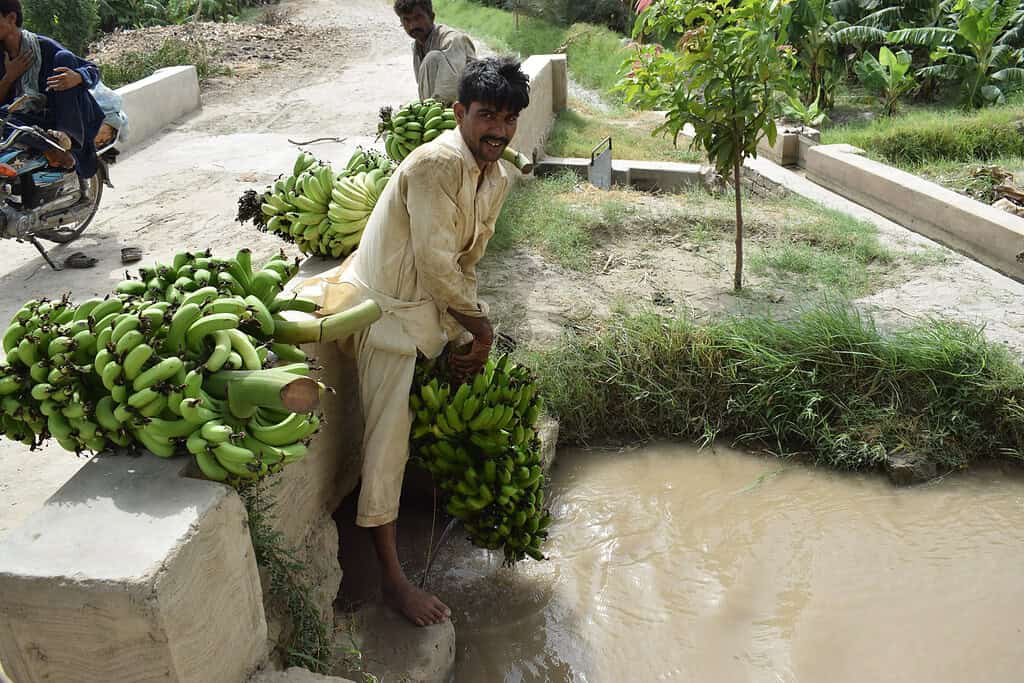
One of the major obstacles hindering innovative Agribusiness growth is the limited access to patient equity financing. This report focuses on three key areas where targeted interventions can unlock significant progress. These recommendations focus on overcoming barriers related to access to financing, expertise, and regulatory support.
By providing these enterprises with the necessary capital and support, we can unlock their potential to drive innovation, implement climate-smart practices, and create a ripple effect throughout the value chain. This approach not only strengthens the resilience of farmers and communities, but also fosters a thriving private sector that can attract further investment, create jobs, and contribute to sustainable economic growth.
Financing
Develop and support high-quality, bankable projects that can attract investment and leverage climate finance efficiently.
Expertise
Engage experienced climate investors, corporates, and experts to provide technical support and enable technology transfer to local climate solutions.
Regulatory support
Develop a supportive regulatory context to build and scale high-priority climate solutions.
Why is adaptation important?
Carbon dioxide, the heat-trapping greenhouse gas that is the primary driver of recent global warming, lingers in the atmosphere for many thousands of years, and the planet (especially the ocean) takes a while to respond to warming. So even if we stopped emitting all greenhouse gasses today, global warming and climate change will continue to affect future generations. In this way, humanity is “locked in” to some level of climate change.
Because of this, responding to climate change must involve a two-pronged approach:
1. Mitigating emissions and stabilize the levels of heat-trapping greenhouse gasses in the atmosphere (“mitigation”)
2. Adapting to the climate change already in the pipeline (“adaptation”)
Nearly 80% of climate financing in Pakistan is focused on mitigation projects. Given the country’s existing vulnerabilities to climate disasters, there is an urgent need to invest in adaptation projects due to the high cost of inaction as seen in the scale of the damages in the 2022 floods.
“As Pakistan becomes increasingly climate vulnerable, it is critical that we bridge the realities on the ground and the potential for transformative change.”
Dr. Ayesha Khan, Acumen Pakistan Country Director
The latest on Acumen’s commitment to climate action
Harnessing renewable energy for resilient food systems
Jacqueline Novogratz and Simon O’Connell explore how renewable energy can bolster food systems and aid smallholder farmers
